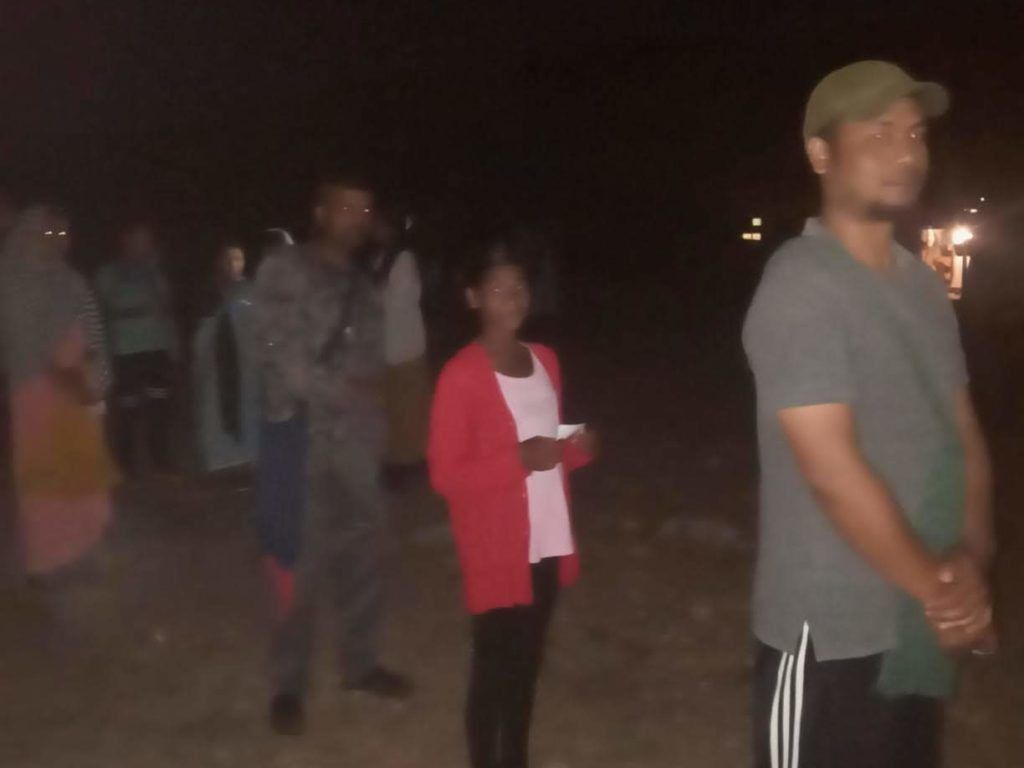GENEVA (AN) — The U.N. human rights chief warned on Monday of reports that some governments are abusing emergency powers to fight the COVID-19 pandemic by resorting to police brutality and other heavy-handed tactics.
Michelle Bachelet, a former Chilean president who heads the Office of the United Nations High Commissioner for Human Rights, or OHCHR, cited troubling reports that some of the necessary coronavirus lockdowns are being misused as "a cover for human rights violations," in dozens of nations around the world, including acts based on blatant racism and xenophobia.









